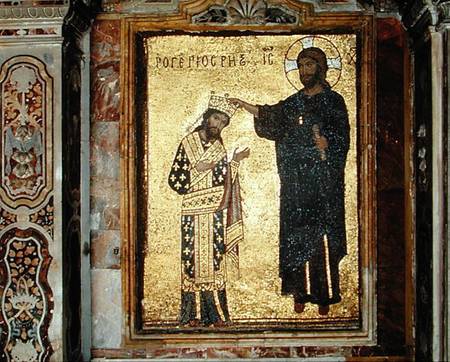His mother dedicated him to God and handed him to a Cluniac monastery early in his life. By the time he was twenty years old he was the prior of a monastery at Vézelay. He was so good at his job that by the age of thirty he was named abbot general of the Cluniac Order, and embarked on a campaign of reform and stricter discipline.
Peter favored education, and promoted learning in his monasteries. This put him at odds with Bernard of Clairvaux, who preferred the life of a monk to be spent in prayer and manual labor. He charted his own course in other ways: he supported the election of Pope Innocent II against that of Pope Anacletus, even though Anacletus also began as a Cluniac monk, like Peter. Peter also protected Peter Abelard when he was being persecuted for his Trinitarianism (more on that later).
He was prominent in many religious councils, such as Pope Innocent II's Council of Pisa, where he supported Innocent's reforms. He tried to persuade the political figures of Europe that the Crusades should be nonviolent missionary campaigns, not military campaigns intended to subjugate.
His defense of Christianity against other religions was fierce. He wrote treatises against Jews. He called for the Koran to be translated into Latin (which was completed in 1143) so that it could be debated properly, meaning refuted properly. He traveled to Spain (possible Toledo) to meet the translators. Later scholars criticized the translation for its errors.
His responses to the translated texts were two treatises, the the Summa totius heresis Saracenorum ("The Summary of the Entire Heresy of the Saracens") and the Liber contra sectam sive heresim Saracenorum ("The Refutation of the Sect or Heresy of the Saracens"). He essentially labels them heresies so far from Christianity that they are equivalent to paganism.
Peter died on Christmas Day 1156. Peter was thought of as a saint, but was never canonized. As of 2004, the Roman Catholic Church considers him "Blessed."
I now want to turn to his support of Peter Abelard, another French scholar who caused a stir in religious circles. See you tomorrow.






